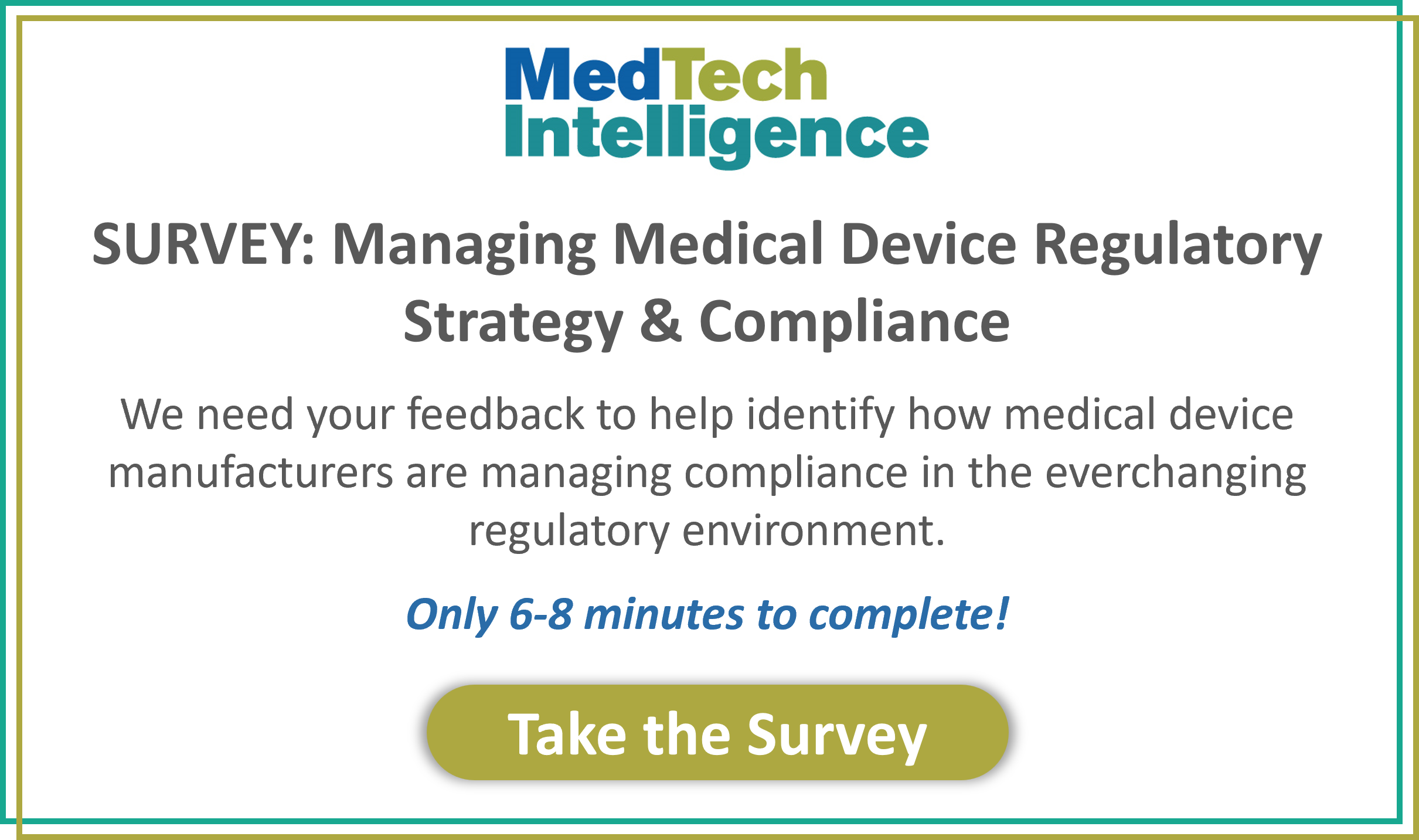Finding a resilient medical device contract manufacturer (CM) ensures a consistent supply chain, regulatory compliance, and long-term business success. Whether you are a Fortune 500 company or an early-stage startup, you will benefit from taking the time to find a CM partner who can meet your specific needs. This article is a guide to the most important questions to ask yourself and your CM.
Supply Chain Resilience
The CM should have a diversified supplier network to mitigate the risk of supply chain disruptions and have more than one location to support your needs. Additionally, the supplier should have a contingency plan in place if any unforeseen issues that could impact production capacity arise.
The location of the CM facilities is also an important consideration. Ideally, this facility should be located close to the Original Equipment Manufacturer (OEM) facility. Furthermore, CM facilities in a region with a stable political and economic environment reduces the risk of disruptions due to political instability or economic upheaval. Finally, the CM should have facilities designed to mitigate any natural disasters in the region, such as earthquakes, floods, or hurricanes.
Regulatory Compliance
Medical device OEMs operate in a heavily regulated environment, and compliance with requirements is critical to success. Therefore, the CM should have a comprehensive quality management system (QMS) in place that complies with the relevant regulatory standards, and supports good manufacturing practices. This includes ISO 13485, which is specific to medical device quality management systems, and any other standards required by the target markets.
In addition, the CM should have experience with regulatory submissions and audits, including FDA 510(k) clearance and CE Marking. They should also thoroughly understand regulatory requirements for manufacturing medical devices, including documentation requirements and processes for managing nonconformities and customer complaints.
Location and Market Considerations
When selecting a CM, consider their location relative to the location of your end markets. The CM’s location will affect shipping times and costs, as well as the potential for trade barriers and geopolitical tensions.
To address market considerations, look for a CM with experience in the specific market segment your business targets. For example, if your business is developing a medical device for the orthopedic market, look for a CM with experience in this area. If the CM is shipping to markets outside your target market, they may not have the necessary regulatory expertise or experience to comply with the relevant standards. Additionally, consider working with suppliers located in regions that are known for strong medical device manufacturing capabilities, such as the U.S., Europe, and Asia.
Considerations for Small Companies
Small companies in the medical device space may have limited resources and expertise to conduct extensive due diligence when selecting a CM. Given these constraints, small companies should look for CMs that are resourced properly and willing to work with them throughout the entire product lifecycle. This includes providing feedback and suggestions for improving the device’s manufacturability and cost-effectiveness.
Small companies should also consider the supplier’s “fit” for the size of the business and their ability to scale up production as the company grows. The CM should be able to provide the necessary capacity to meet the company’s production needs while also being flexible enough to accommodate changes in production requirements as well as provide sufficient technical and program management support.
Considerations for Large Companies
Large companies in the medical device space may have more resources to conduct extensive due diligence when selecting a CM. However, several considerations can still help large companies make better-informed decisions.
Large companies should look for CMs that have experience with larger-scale production and support requirements as well as multiple facilities able to support them. The CM should have multiple sources of raw materials and components to reduce the risk of supply chain disruptions. Additionally, they should have strong systems in place for managing inventory levels to ensure that components and materials are available when needed as well as capabilities to manage engineering changes communicated from the OEM. This will help to prevent delays in production and ensure that the OEM can meet their customer demand.
Facilities and Equipment
Facilities and equipment are both important factors in the selection process. The CM should have the necessary facilities and equipment to manufacture the device at the desired quality level. Considerations may include cleanrooms, specialized equipment, and quality control systems. Depending on the medical device’s complexity, the CM may also need a research and development (R&D) team capable of working with OEMs to refine designs and develop prototypes.
Ensuring that the CM has the capacity to meet production needs is essential. This includes the ability to ramp up production quickly and scale up as production needs increase.
Experience and Capabilities
Experience is crucial when selecting a CM for medical devices. The CM should have experience with manufacturing devices similar in complexity and technology to the OEM’s device. This ensures that the supplier has the necessary expertise to manufacture the device and can provide valuable input during the design and development.
As part of the evaluation, look for a proven track record of delivering quality products on time and within budget. Ask for references and speak to other companies that have used the CM’s services to understand their experience. With many more parts these days reaching end of life (EOL), OEMs should assess the component engineering capabilities of the CM, and their ability to identify alternative components that may help to mitigate these EOL concerns. The CM should also be willing to provide regular status updates on their performance, including cost, quality, and delivery.
Cost and Flexibility
Cost is always a consideration when selecting a CM, but it should not be the only consideration. The CM should provide a detailed cost breakdown, including any upfront and ongoing costs. Also, consider the CM’s payment terms, including whether they require a deposit or payment upfront. The longer the payment term, the better cash-flow management is for the OEM. To build a sustainable partnership, OEMs should consider their CM a true partner in all aspects of the business, including cash-flow management, to weather increasing supply chain uncertainties.
Flexibility is also critical. The CM should be willing to accommodate changes in production volumes or schedules within a reasonable timeframe. They should also be willing to adjust their manufacturing process, if needed, to improve efficiency or reduce costs.
Selecting a strong medical device CM is critical to ensure supply chain resiliency, regulatory compliance, and long-term success for a medical device OEM. When selecting a contract manufacturer, look for a robust quality management system, a consistent supply chain, a geographically favorable location, and market-specific expertise, as well as a good cultural fit. By considering these factors, OEMs can find a CM that will help them to produce high-quality medical devices consistently and successfully meet their customer demands.







